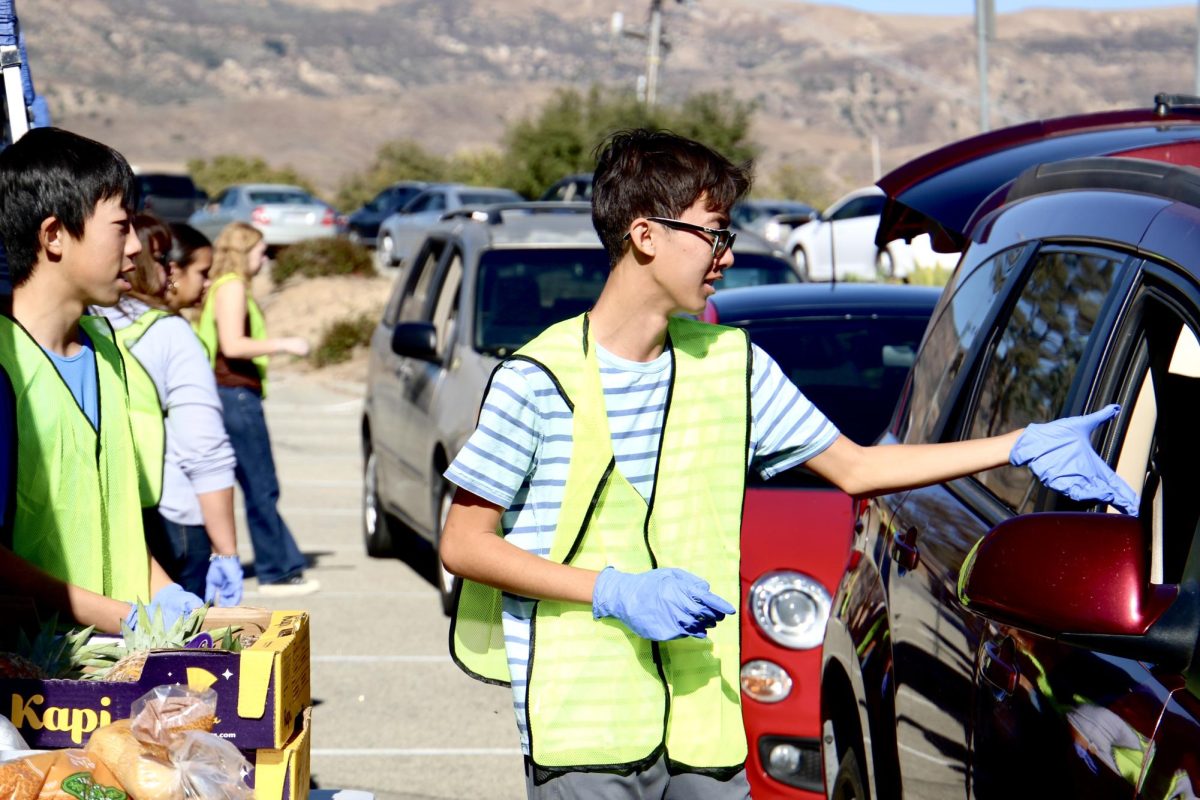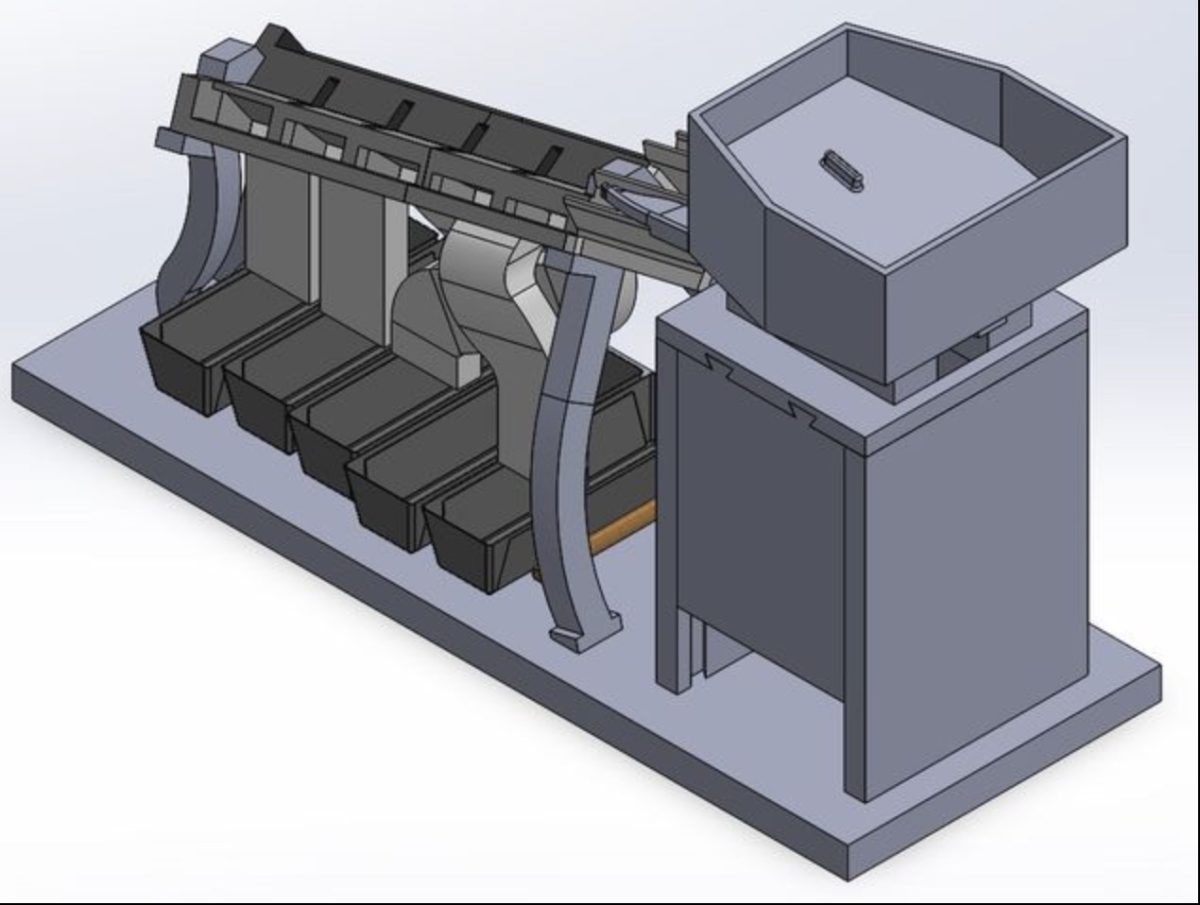Man has always shown dominance over his best friend the dog, but in today’s society a democratic approach to training is emerging.
Dr. Dena Case-Pall, a licensed consulting psychologist, demonstrated the new ways of using democracy in the training of a dog.
“I think that the event went great,” said Case-Pall. “I was sorry to see so many people turned away. Next year we will have a bigger room.”
Before the event began, about 10 to 15 students had to leave the room due to the crowding being a fire hazard.
As the presentation got under way, Case-Pall stressed that dominance is not needed to have control over a dog. She gave a brief background on where the whole idea of dominance over a dog came from, mostly military dog trainers in World War I and World War II.
From there, she explained the different methods of training and identifying bad habits such as jumping on people and attacking other dogs that can be corrected. A demonstration of Case-Pall’s training techniques were shown with the help of her poodle.
Some of the methods included democratic dog training, transitional leadership, positive reinforcement, negative reinforcement, response substitution and shaping-a step by step approach.
Child Development major Kandice Lozano, 19, has animals of her own that she will take the training home to.
“I really enjoyed it a lot,” said Lozano. “I’m really into animals and I own a horse, a cat, four dogs and a fish.”
Once the event ended, Case-Pall took questions from the audience and allowed everyone to pet her poodle.






